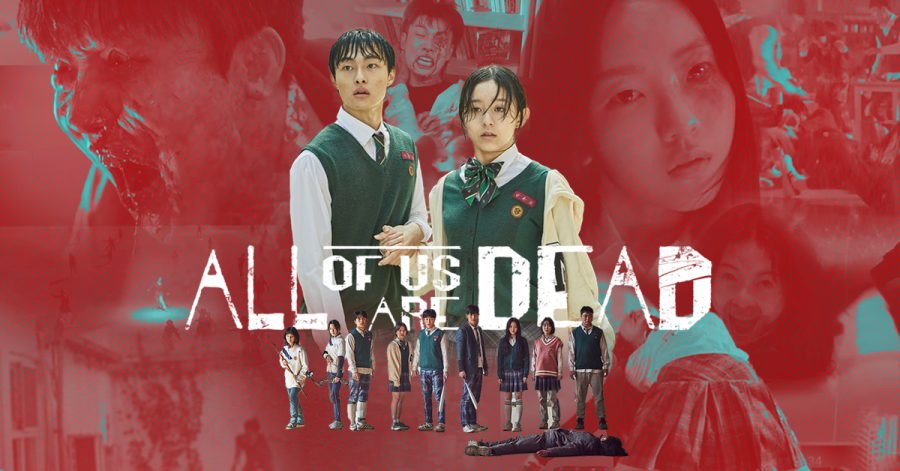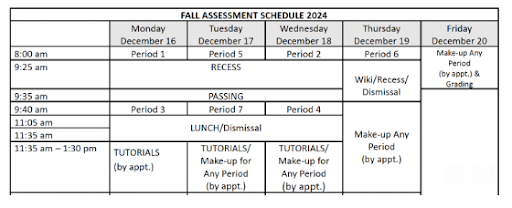Review: “All of Us Are Dead”
Based on a webtoon, the Korean Netflix series “All of Us Are Dead” focuses on a lab-grown zombie virus outbreak and the group of high school students fighting to survive the threat. It was initially released on January 28. Since then, it has become one of the most popular K-series on Netflix, preceded by the success of Squid Game.
My initial reaction to the first few episodes was that it was quite intriguing. The series introduces many plot threads that feature the different groups of survivors and detail the development of the virus. The major events of each episode provided depth to each character’s personality and relationships, making them easily distinguishable for viewers. Some of the characters’ choices were quite frustrating, however, as there were plenty of avoidable deaths and an abundance of internal conflicts.
However, even though plenty of the foreshadowing pays off, the second half of the series feels somewhat hollow by comparison. Certain plot twists became more easily predictable, and I felt less thrill in seeing characters survive. Moreover, it didn’t help that characters overall didn’t change from their experiences other than suggesting that they couldn’t trust adults to make decisions for them anymore. To sum up, I simply felt as if the whole series was an unfortunate series of circumstances and all I felt for the characters was a sense of pity.
As for the themes that the series addresses, they heavily revolve around the treatment of adolescents in South Korea, including bullying and the constant pressure of achievement. All of the characters represent different facets of these themes.
Personally, it would have been better if the plot was not dragged out to the point of boredom. Thus, I think that a second season is not necessary for this series. Although it would be nice to see how the surviving students’ lives would look like after the events of season one, and to answer questions about the existence of half-zombies, the series’ ending is good enough as a solid conclusion.
The rating that I would give this season of the series would be a 7.5/10. Although it isn’t the best Korean show that I have watched, I would recommend it to viewers who watch Netflix casually or people interested in K-shows. On the other hand, viewers interested in horror or dynamic storylines would find themselves disappointed. It definitely does have a promising beginning, but it often feels more dragged out than necessary.
Alyssa Salcedo is a 12th grader in the Academy of Professional & Public Services.






